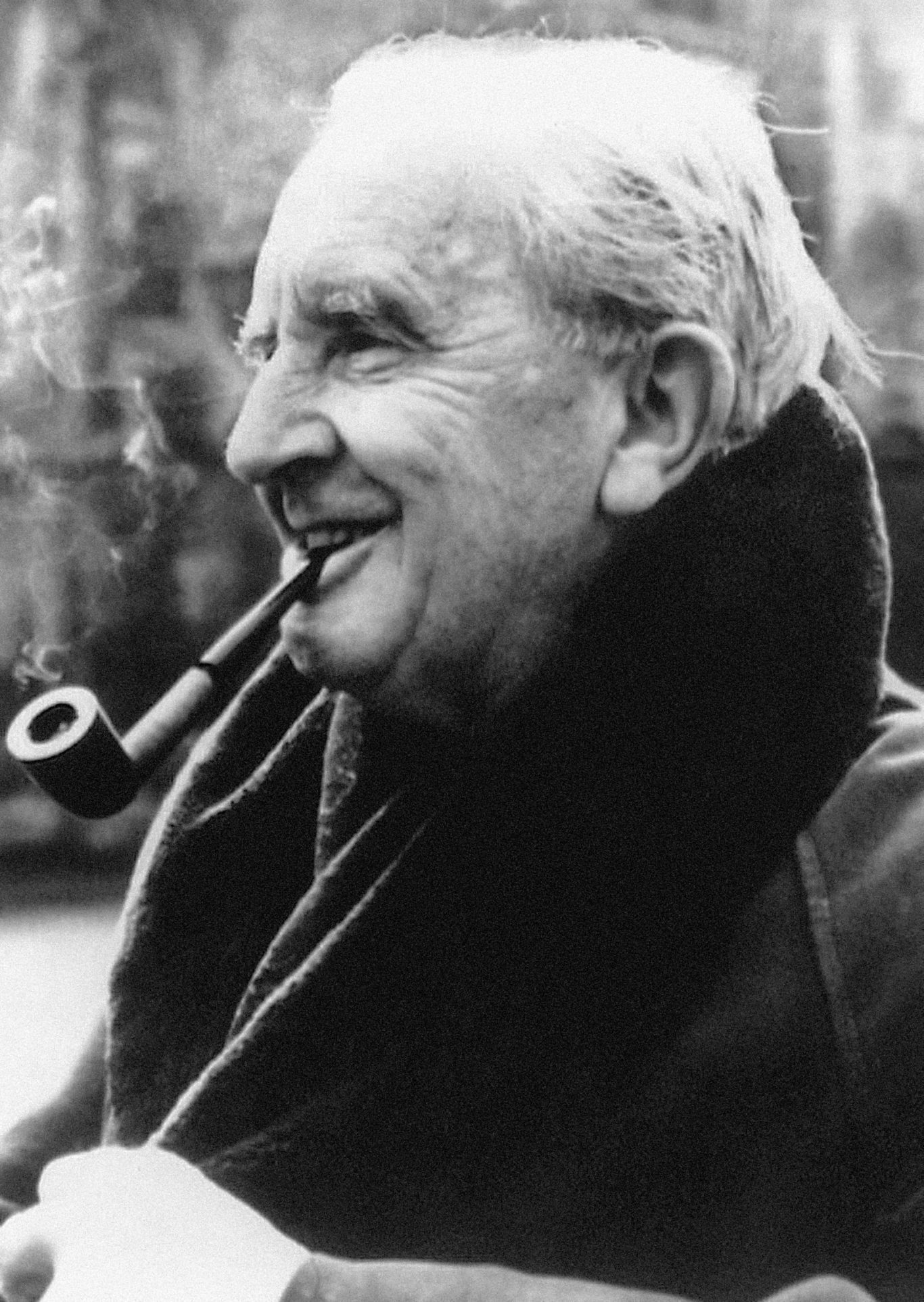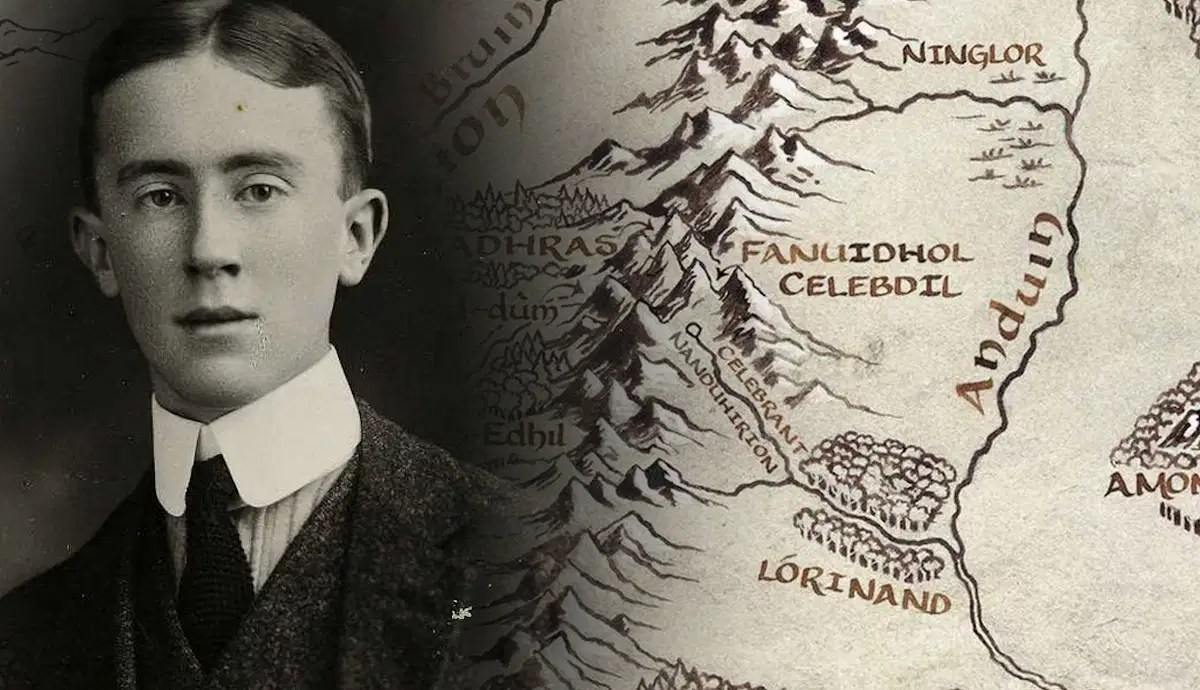J.R.R. Tolkien died on September 2, 1973, leaving behind a rich legacy that continues to influence the world of literature, film, and popular culture. His works, particularly "The Hobbit" and "The Lord of the Rings," have transcended generations, captivating readers with their intricate world-building and profound themes. In this article, we delve into the life of Tolkien, his literary contributions, and the impact of his death on literature and fans around the world.
Tolkien's storytelling prowess and his ability to create immersive worlds have made him a household name. His unique blend of mythology, language, and moral lessons resonates with readers of all ages. As we explore the impact of his life and death, we will also examine how his works continue to inspire new generations of readers and writers alike.
This article aims to provide a comprehensive view of J.R.R. Tolkien's life, the circumstances surrounding his death, and his enduring legacy. By examining various aspects of his life, we can gain a deeper understanding of the man behind the stories that have shaped modern fantasy literature.
Table of Contents
- Biography of J.R.R. Tolkien
- Early Life
- Literary Works
- Death and Legacy
- Influence on Literature
- Fan Culture
- Film and Television Adaptations
- Conclusion
Biography of J.R.R. Tolkien
John Ronald Reuel Tolkien, commonly known as J.R.R. Tolkien, was born on January 3, 1892, in Bloemfontein, South Africa. He moved to England with his mother and brother after his father's death when he was just three years old. Tolkien's love for language and storytelling began at an early age, leading him to study philology at the University of Oxford.
| Data Pribadi | Detail |
|---|---|
| Nama Lengkap | John Ronald Reuel Tolkien |
| Tanggal Lahir | January 3, 1892 |
| Tempat Lahir | Bloemfontein, South Africa |
| Tanggal Meninggal | September 2, 1973 |
| Penghargaan | Commander of the Order of the British Empire (CBE) |
Early Life
Tolkien's early life was marked by tragedy and adventure. After moving to England, he grew up in the industrial city of Birmingham, where he developed a fascination for the English countryside and languages. His academic journey led him to study at Exeter College, Oxford, where he excelled in his studies and began to create his own languages and mythologies.
Literary Works
Tolkien's literary career took off with the publication of "The Hobbit" in 1937, which introduced readers to the enchanting world of Middle-earth. The success of this book paved the way for his magnum opus, "The Lord of the Rings," published in three volumes between 1954 and 1955. These works are characterized by their rich narratives, deep lore, and complex characters.
Key Literary Contributions
- The Hobbit - A children's fantasy novel that serves as an introduction to Middle-earth.
- The Lord of the Rings - An epic high-fantasy novel that expands on the world and characters introduced in "The Hobbit."
- The Silmarillion - A collection of mythopoeic stories that delve into the history of Middle-earth.
Death and Legacy
J.R.R. Tolkien died at the age of 81, leaving behind a vast literary legacy. His death marked the end of an era in fantasy literature, but his works continue to thrive. Tolkien's influence extends beyond literature into film, music, and art, inspiring countless adaptations and interpretations of his stories.
Influence on Literature
Tolkien's impact on literature cannot be overstated. He is often credited with establishing modern fantasy as a genre, inspiring authors such as C.S. Lewis, George R.R. Martin, and J.K. Rowling. His meticulous world-building and unique storytelling techniques have set a standard for future generations of writers.
Fan Culture
The fandom surrounding Tolkien's works is vibrant and diverse. Fans celebrate his legacy through conventions, fan fiction, art, and scholarly discussions. The enduring popularity of Middle-earth has led to the establishment of various communities dedicated to exploring and sharing their passion for Tolkien's universe.
Film and Television Adaptations
The cinematic adaptations of Tolkien's works, particularly Peter Jackson's "The Lord of the Rings" trilogy and "The Hobbit" trilogy, have brought his stories to a new audience. These films have not only achieved critical and commercial success but have also introduced Tolkien's rich narratives to millions of viewers worldwide.
Conclusion
J.R.R. Tolkien died on September 2, 1973, but his legacy lives on through his literary contributions and the impact he has had on popular culture. His works continue to inspire and entertain readers and viewers alike. We encourage you to explore Tolkien's rich world, share your thoughts in the comments, and discover more articles about literary giants on our site.
Thank you for reading! We hope this article has provided you with valuable insights into the life and legacy of J.R.R. Tolkien. Come back soon for more engaging content!
Article Recommendations
- Nikki Reeds Twilight Role A Deep Dive
- Tamilblasters Kannada
- James Carvilles Children A Deep Dive Into The Family Life Of The Political Consultant


